



 Tech & IT
Tech & IT
 Business
Business
 Coding & Developer
Coding & Developer
 Finance & Accounting
Finance & Accounting
 Academics
Academics
 Office Applications
Office Applications
 Art & Design
Art & Design
 Marketing
Marketing
 Health & Wellness
Health & Wellness
 Sounds & Music
Sounds & Music
 Lifestyle
Lifestyle
 Photography
Photography
More Learnfly
Business Solution Become an InstructorData Governance involves the establishment and enforcement of policies, standards, and processes to ensure the quality, integrity, and security of an organization's data. It encompasses data management practices, compliance with regulations, and the responsible use of data throughout its lifecycle.
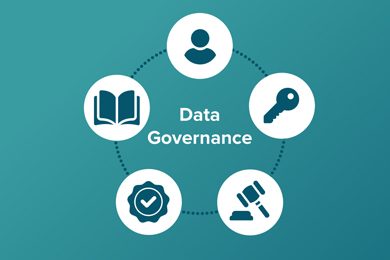
By : Daniel Pham
Unleashing the Power of Data Governance: A Comprehensive Guide...
4.8 1145
5:11:10 hrs 47 lectures All Level

By : Daniel Pham
Developing a Comprehensive Data Strategy to Drive Business Success...
4.4 965
36 lectures All Level

By : Sonu Kumar
Business Intelligent...
4.5 1333
6:51:52 hrs 93 lectures Intermedite Level

By : Atul Kadlag
Journey towards becoming Data Analyst...
4 1104
11 lectures All Level

By : Rahul Ghai
This course provides step by step guide to implement key capabilities needed in a sta...
4 1137
2:30:1 hrs 26 lectures All Level
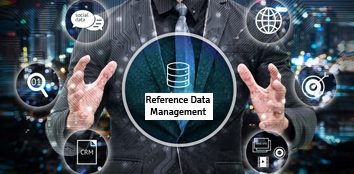
By : Rahul Ghai
This course provides step by step guide to implement key capabilities needed in a sta...
4 993
1:49:22 hrs 12 lectures All Level
.jpg)
By : Rahul Ghai
Complete Semarchy Master Data Management Course...
3.9 1001
4:53:50 hrs 39 lectures All Level

By : Arthur Fong
Introduction to Qlik Sense...
4.1 72410
10 lectures All Level

By : Saheb Singh chaddha
It's all about the Neural Networks in Depth...
4.7 58749
5:60:14 hrs 14 lectures All Level

By : Joshua Brindley
Storytelling with Data and Data Visualization will become second nature to you after ...
4.4 68845
4:52:54 hrs 30 lectures All Level












Learn more topics in various categories at one place. Explore unlimited courses in other categories and up-skill yourself today.

 Jazeb Akram
Jazeb Akram 4.2 771163 Beginner Level

 John Hedengren
John Hedengren 4.1 569070 All Level

 Ranjan Pandey
Ranjan Pandey 4.1 346736 All Level

 Muhammad Ahsan Pervaiz
Muhammad Ahsan Pervaiz 4.2 101344 All Level

 Pieter Vliegenthart
Pieter Vliegenthart 4.6 100923 All Level

 Jerome P.
Jerome P. 4.8 100892 All Level

 Senol Atac
Senol Atac 4.9 100114 All Level

 Vikas Munjal
Vikas Munjal 4.8 100071 Beginner Level

 Avinash A
Avinash A 4.8 100024 All Level
.png)
 Gopaluni Sai Karthik
Gopaluni Sai Karthik39 Lectures All Level
 (1).jpg)
 Dr. Gleb Tsipursky
Dr. Gleb Tsipursky 9 Lectures All Level
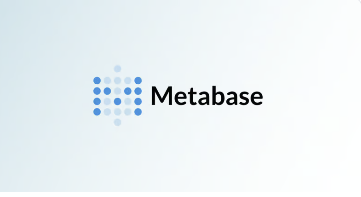
 TechLatest .Net
TechLatest .Net11 Lectures All Level
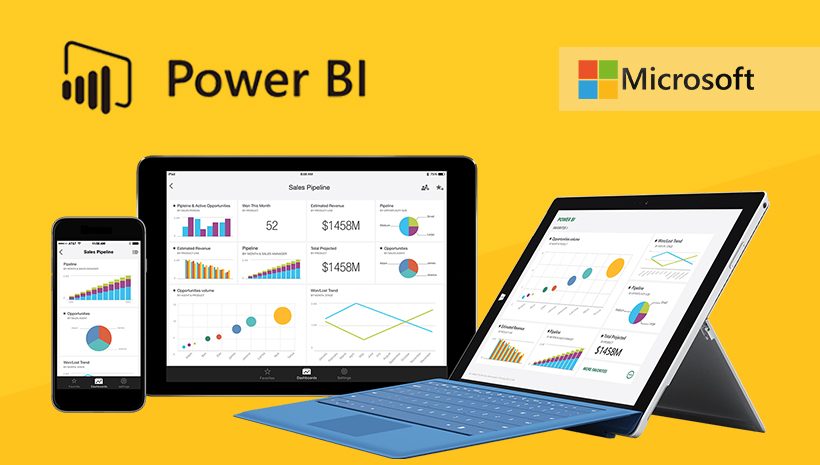
 AWESOME EMMANUEL
AWESOME EMMANUEL21 Lectures All Level

 Daniel Pham
Daniel Pham47 Lectures All Level

 Divine Teyi
Divine Teyi34 Lectures All Level

 Daniel Pham
Daniel Pham36 Lectures All Level

 Amjid Ali
Amjid Ali50 Lectures All Level
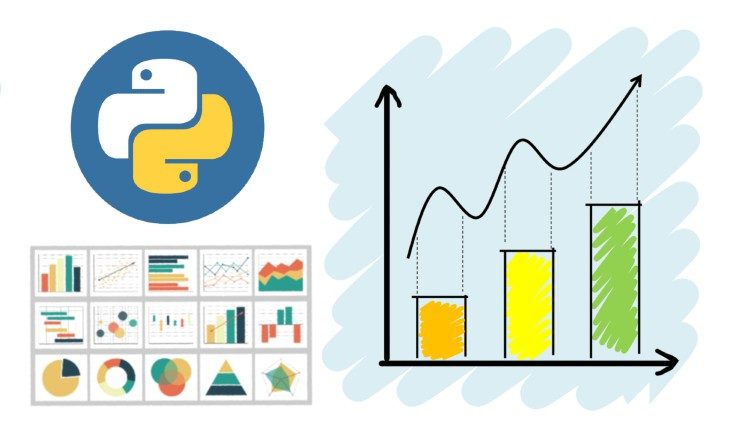
 Temotec Learning Academy
Temotec Learning Academy58 Lectures All Level
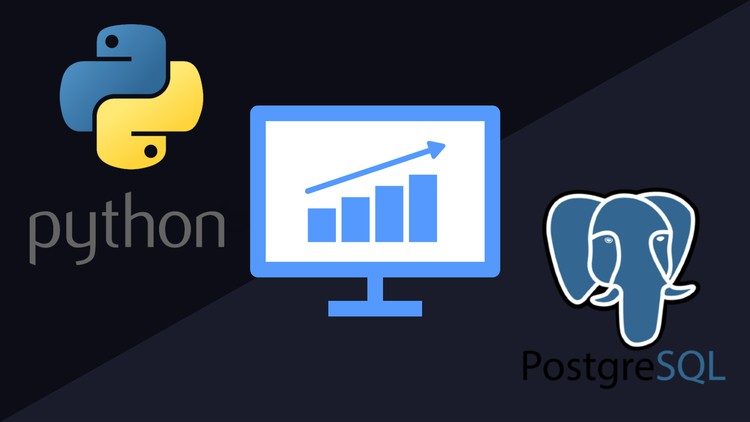
 Temotec Learning Academy
Temotec Learning Academy90 Lectures All Level

 Sonu Kumar
Sonu Kumar93 Lectures All Level

 Moslem Afrashtehmehr
Moslem Afrashtehmehr23 Lectures All Level

 oluwaseun ogunmolu
oluwaseun ogunmolu 31 Lectures All Level

 Atul Kadlag
Atul Kadlag11 Lectures All Level

 DataRiel Academy
DataRiel Academy98 Lectures All Level

 Balachandran S (Prof BALA)
Balachandran S (Prof BALA)52 Lectures All Level
.jpg)
 Theodore Petrou
Theodore Petrou152 Lectures All Level

 Rahul Ghai
Rahul Ghai26 Lectures All Level

 Rahul Ghai
Rahul Ghai12 Lectures All Level

 Satyajit Pattnaik
Satyajit Pattnaik32 Lectures All Level
.jpg)
 Rahul Ghai
Rahul Ghai39 Lectures All Level

 Arthur Fong
Arthur Fong10 Lectures All Level

 Nikolai Schuler
Nikolai Schuler 88 Lectures All Level

 Bhaumik Shah
Bhaumik Shah 14 Lectures All Level
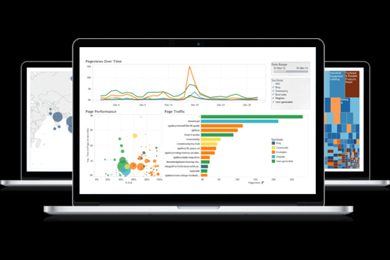
 PARTHA MAJUMDAR
PARTHA MAJUMDAR21 Lectures All Level

 Saheb Singh chaddha
Saheb Singh chaddha14 Lectures All Level

 Ross Maynard
Ross Maynard17 Lectures All Level

 Joshua Brindley
Joshua Brindley30 Lectures All Level

 Abhilash Nelson
Abhilash Nelson34 Lectures All Level

 Abhilash Nelson
Abhilash Nelson40 Lectures All Level

 Datahill Solutions
Datahill Solutions11 Lectures All Level

 Datahill Solutions
Datahill Solutions21 Lectures All Level

 Abhilash Nelson
Abhilash Nelson105 Lectures All Level

 Sivin Duong
Sivin Duong12 Lectures All Level

 Lorenz De Smedt
Lorenz De Smedt20 Lectures All Level

 Gulab Chand Tejwani
Gulab Chand Tejwani13 Lectures All Level

 Siddharth Pawar
Siddharth Pawar26 Lectures All Level

 Siddharth Pawar
Siddharth Pawar29 Lectures All Level

 Siddharth Pawar
Siddharth Pawar21 Lectures All Level
Data governance is a set of practices and processes that ensure high data quality, availability, usability, and security within an organization. It involves establishing policies, standards, and procedures to manage and control access to data, monitor data quality, and align data management with business goals and regulations.
Data governance includes key components such as data policies, data stewardship, data quality management, metadata management, data security, and compliance. These components work together to establish a framework for effective data management and utilization.
Data stewardship involves assigning responsibilities for managing and ensuring the quality of data. Data stewards are individuals or teams responsible for data-related tasks, including data profiling, cleansing, and ensuring adherence to data policies and standards.
Data governance aims to maintain and improve data quality by establishing standards, defining data quality metrics, implementing data profiling, and ensuring that data is accurate, consistent, and aligned with business requirements.
Data governance is crucial for ensuring compliance with various regulations, such as GDPR, HIPAA, or industry-specific standards. It involves establishing processes to handle sensitive data, ensuring privacy, and demonstrating accountability for data handling practices, reducing the risk of legal and regulatory violations.





